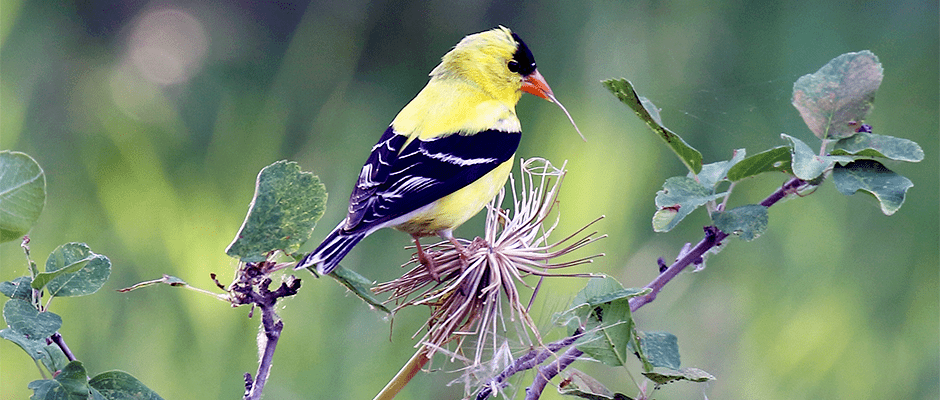Share this article
Malaria parasites are fewer in some tropical birds
Some tropical birds have fewer malaria parasites in their blood than temperate birds, related to longer egg incubation periods, according to new research.
In the study, led by University of Missouri-St. Louis biology professor Robert Ricklefs and published in The Auk: Ornithological Advances, researchers used DNA screening to follow up on an earlier literature review of the presence of malaria parasites on blood smears from songbird species in the eastern U.S. and several neotropical countries in the Americas.
Over the past 20 or so years, Ricklefs and his colleagues have captured birds in the field and taken blood samples from a vein in their wing. They analyzed these samples to determine the presence of parasites through DNA sequencing.
After reviewing the data, they found that a large proportion of all of the birds, including such common backyard species as robins (Turdus migratorius) and cardinals (Cardinalis cardinalis), were infected with malaria parasites. They also found many genetic lineages of the parasites, some of them spread during bird migration and through human introductions.
Overall, 22 percent of individual birds in both temperate and tropical regions had parasite DNA in their blood, but incubation time seemed to have an impact on parasite presence, Ricklefs found. Among tropical birds, parasite prevalence was significantly lower in species with longer incubation times, such as manakins (Pipridae) and woodcreepers (Dendrocolaptinae), he said, probably because longer incubation time is correlated with the development of a stronger immune system.
“Some species, particularly in the tropics, have unusually long embryo development periods, in spite of being incubated at normal egg temperatures and faced with strong predation pressures on the nests,” he said. “It seemed reasonable to ask what advantages might be associated with long incubation periods.”
In most birds, malaria does not threaten entire populations, although it might affect some individuals, Ricklefs said. The bigger concern is when a parasite lineage appears in a population that isn’t adapted to it. When that happens, “malaria parasites can cause significant disease, and this is probably the greatest management concern.”
Header Image: An American goldfinch perches on a branch in Michigan. Researchers found songbirds like the goldfinch in temperate climates have more parasites than species in tropical climes with longer incubation periods. ©Ed Post








